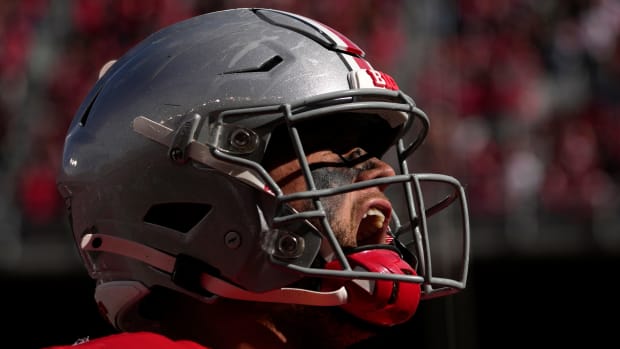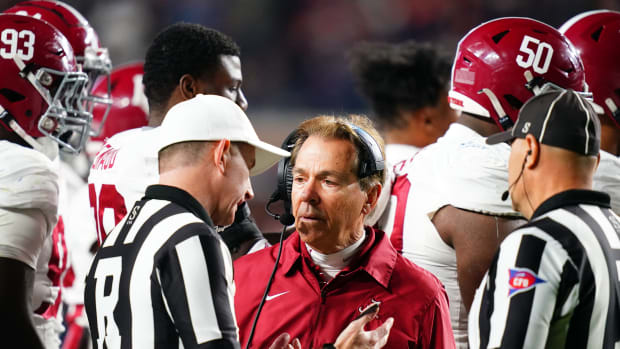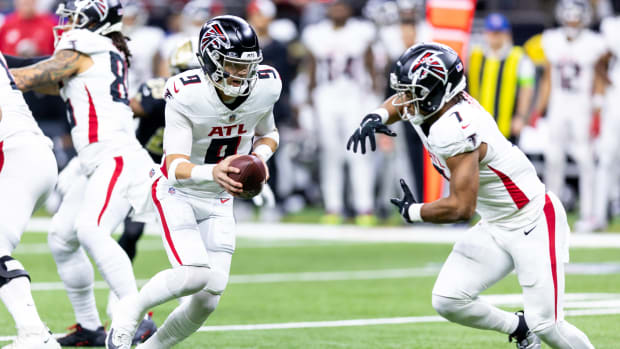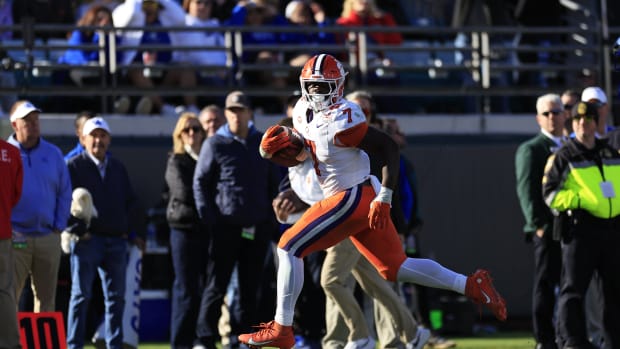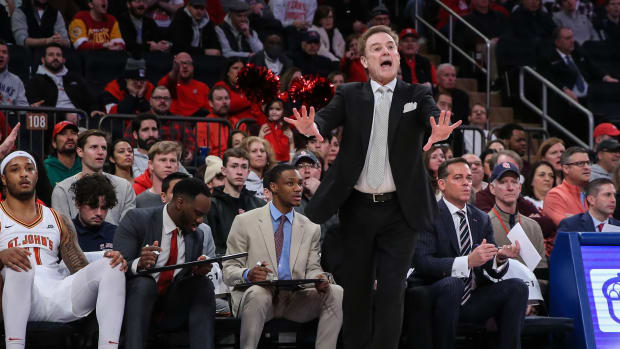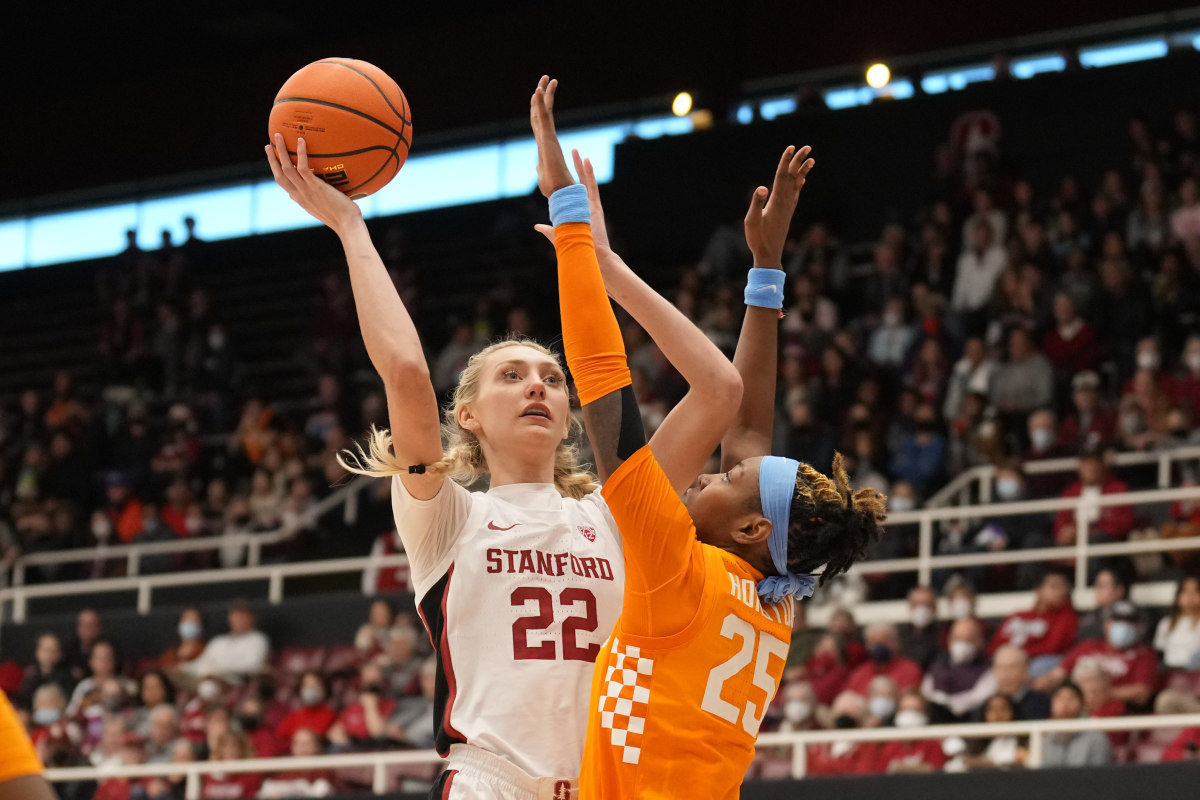
California Introduces New NIL Bill Focused on Gender Equity
Yesterday, a new bill, California SB 906, was introduced to promote transparency in NIL dealings and highlight gender inequities in NIL collective payments. The law was the brainchild of Nancy Skinner, a Democrat from Berkley. While still in its infancy, if the bill is to make it through the California legislative process, it would be the first of its kind.
California has consistently been a first mover in the NIL space; in 2019, two years before the NCAA lifted NIL restrictions, Governor Gavin Newsome signed SB 206 and challenged the NCAA by allowing students to accept third-party payments for usage of their publicity rights. While currently stalled, California Assembly Bill 252 provides a revenue-sharing system where athletes are paid a percentage of the athletic department’s total revenue.
SB 906, Skinner’s newly proposed legislation, does not seek to mandate equal payment between genders. In a press release from Skinner, “SB 906 is a basic transparency measure. While it won’t require all college athletes to receive the same amount of NIL money, SB 906 will provide the public and policymakers with important information about what’s actually happening in the NIL marketplace.” The new bill includes expanded requirements for collectives and other third parties engaging in NIL contracts with student-athletes to disclose the following:
- “The amount of compensation and the value of item(s) or service(s) provided to the student athlete or the student athlete’s immediate family
- The athletic team for which the student athlete currently plays or the team for which it is anticipated the student athlete will play
- The student athlete’s gender
- The total amount of compensation and the value of the items and services provided to all student athletes at the postsecondary institution each year by sport and gender.”
According to the press release, all information will be scrubbed of any personal identifiers and then be released by the schools.
NIL collectives are separate entities from the school they partner with and predominantly function to benefit athletic departments by acting as a vessel to launder money from university alumni to student-athletes for their attendance at the university. Opendorse data indicates that men receive over 90% of this donor-backed NIL payment.
Before NIL, athlete compensation was only received through scholarship payments from the university, which were closely monitored by Title IX, mandating equitable distribution among genders. In the new NIL economy, these separate entities have yet to be determined to fall under the scope of Title IX enforcement. Without guidance from the Office of Civil Rights, the governmental entity that enforces Title IX, NIL collectives have no reason to feel that their inequitable payment falls inside the scope of Title IX application, which only applies to educational programs.
In addition to mandates on those engaging athletes in NIL deals, California universities will be tasked with increased transparency measures to report the spending on institutional NIL resources. Any support or resources that go into a student’s NIL activity must be disclosed. This activity squarely falls under Title IX guidance, as it is university-provided and is legally required to have equitable distribution between genders. The disclosure mechanism in this bill could go a long way in ensuring gender equity in institutional resources.
Skinner notes that “if SB 906 reveals that college-backed NIL efforts are truly shortchanging female athletes and worsening gender inequity, then colleges and policymakers will have the information necessary to level the playing field.” While this will more likely be towards institutional resources than NIL collectives, more publicly available data will help pull back the curtain on NIL payment, an economy shrouded in mystery for many on the outside.
